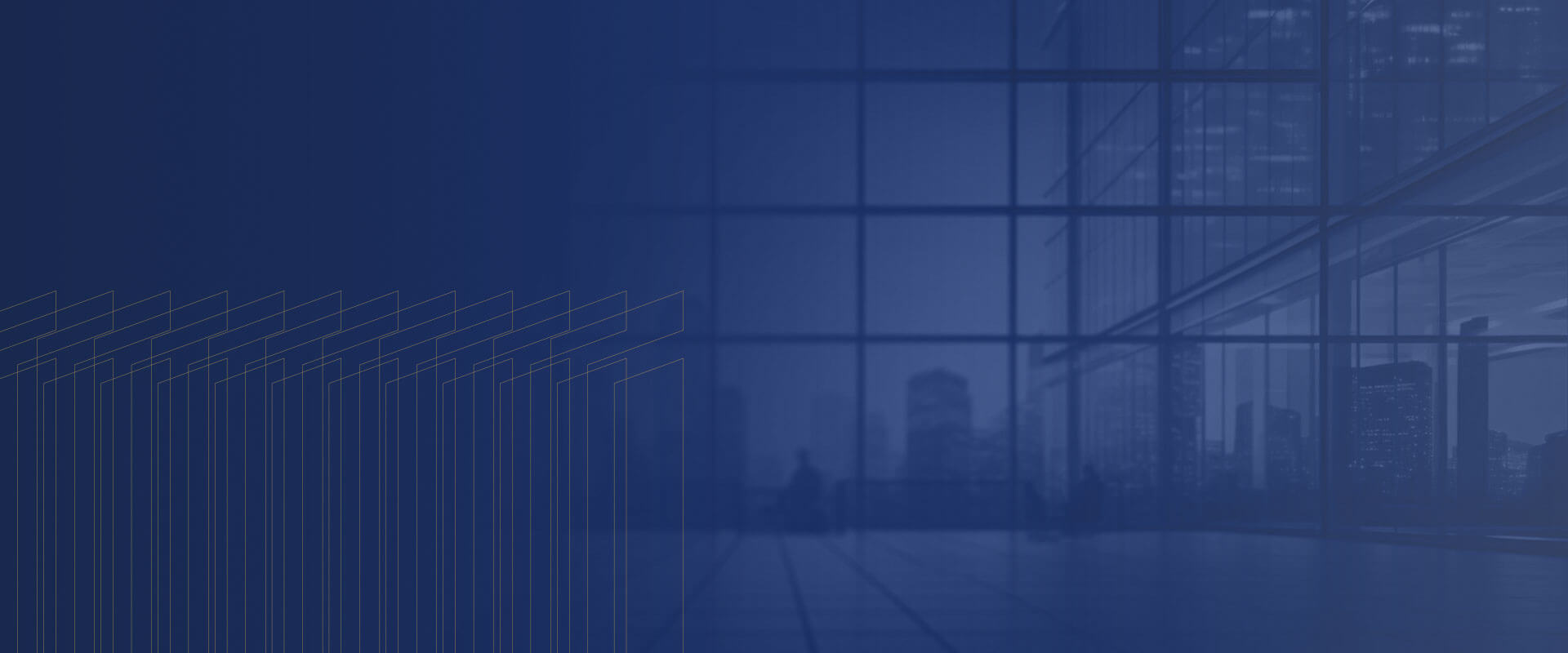

Present in about nine out of 10 homes in the country, Unilever’s products are household staples where consistent supply is critical.
Currently, more than 90 percent of Unilever products sold in the Philippines are locally manufactured in facilities located in Pasig City, General Trias (Cavite), and Cabuyao (Laguna).
Expanding capacity
Since the launch of its Beauty & Wellbeing and Personal Care (BWPC) factory in late 2023, production capacity has grown by 60 percent, enabling Unilever to meet local demand and export products to markets in the US, Africa, the Middle East, Southeast Asia and Australia.
“Supply chain is the operational backbone of Unilever,” said Fredy Ong, Unilever chair and CEO. With brands like Rexona, Sunsilk, Selecta, Breeze, and Knorr under our belts, we must always have a reliable stock of high-quality products and a supply chain that will deliver superior products and services at an excellent value.”
A future-fit supply chain
Unilever leverages cutting-edge technology and sustainability initiatives to optimize its operations. The BWPC factory, for example, operates with 40 percent fewer machines while improving efficiency. Unilever also uses renewable electricity in its Philippine factories and has signed a 15-year solar energy agreement for its Foods factory.
In terms of technology, Unilever’s factories in the Philippines and across the world are powered by renewable grid electricity. Its Foods (formerly Nutrition) factory has recently signed a 15-year Power Purchase Agreement with a global company to supply solar-powered electricity for factory operations.
Unilever’s facilities are also built in strategic locations to minimize fuel usage and reduce carbon footprint – all integral steps to its ambition of achieving net zero emissions by 2039.
Advanced analytics, AI, machine learning
The company integrates advanced analytics, AI, and machine learning to enhance production and market responsiveness while empowering employees with training in data-driven decision-making.
Its digitized supply chain connects suppliers, customers, and operations through closed-loop planning, ensuring agility and cost optimization.
With a focus on innovation and sustainability, Unilever aims to achieve net zero emissions by 2039.
The Philippines remains a pivotal market, contributing significantly to Unilever’s Asean turnover. By aligning advanced technologies with local operations, Unilever positions itself as a key growth driver in the region, sustaining its leadership in the FMCG) sector. --Ed: CSN